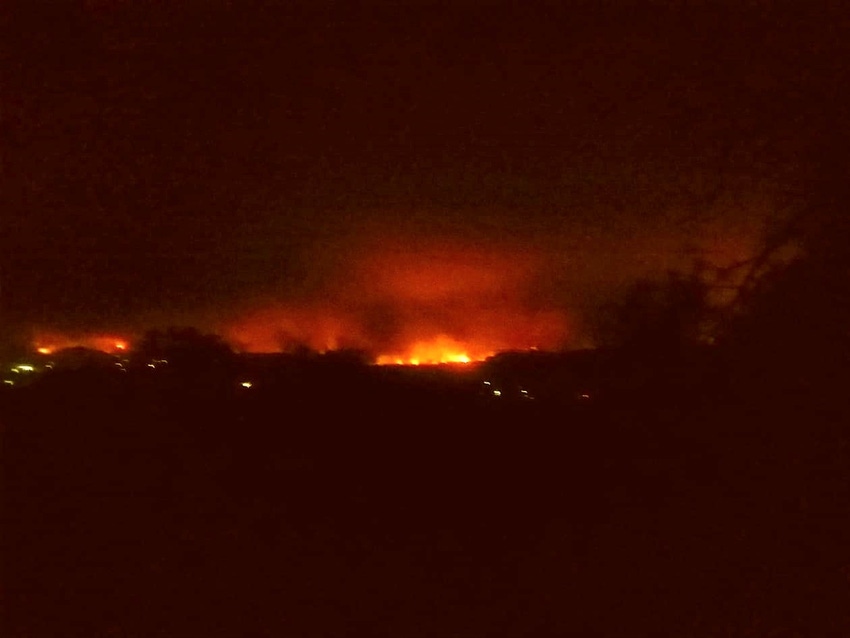
When I saw the Carr Fire on the ridge directly across from our home at Redding, Calif., I thought of Karissa Kruse, Sonoma County Winegrowers president.
During last year’s wine country fires, she was awakened at 2:30 a.m. by one of her neighbors pounding on her door and telling her to “get out now.” Within minutes after she grabbed her purse, a laptop, a few other items, and her pets, and got out the door, her home in Santa Rosa’s Fountaingrove neighborhood was destroyed by flames.
I didn’t want that to happen to us. So, although our evacuation was still only advisory, my wife and I loaded the car and left at 10 p.m. July 26. With some 38,000 other evacuees from the fire, we had the bizarre experience of being nomads in the night, finding full hotel after full hotel until we finally grabbed the last available room in Old Sacramento at 2:30 a.m. Other Redding folks were there, too.
Our home is safe, and our story pales in comparison with many others, including a Redding doctor who had to drive out of her neighborhood via a walking trail. When her car got stuck in a ditch, she and her family had to literally run from a “firenado” only a few yards behind them.
Then there are the people who didn’t make it out, including two young children and their great-grandmother.
The scenario is repeating itself with increasing frequency. As of Aug. 12, 4,168 fires in California had burned 726,329 acres this year — more than three times the acreage burned at this point last year.
There is no shortage of experts and pseudo-experts offering their own versions of solutions. In the latter category is President Donald Trump, who asserted that flushing more water through the Sacramento-San Joaquin River Delta has made the wildfire situation worse. Also in that latter category are politicians who are arguing over whether to blame climate change or overgrown forests.
And of course, there’s no shortage of opinions on social media. One meme floating around is a picture of a hillside next to Whiskeytown Lake engulfed in flames, with the words, “You win, Sierra Club. You win.”
My first thought was: This is what results when our debates have winners and losers. Scorched-earth politics produce a scorched earth.
When California went through its historic drought in 2012-2016, its severity moved many residents, cities, and industries to, in the words of state officials, “make water conservation a way of life.” Disparate groups and lawmakers from both parties forged a compromise proposal that became 2014’s Proposition 1, the $7.5 billion water bond, which voters passed overwhelmingly. Another water bond is on the ballot in November.
Will these same disparate interests and political rivals put the same sense of urgency into finding an array of solutions for our ever-worsening wildfires? We should all hope so.
About the Author(s)
You May Also Like






